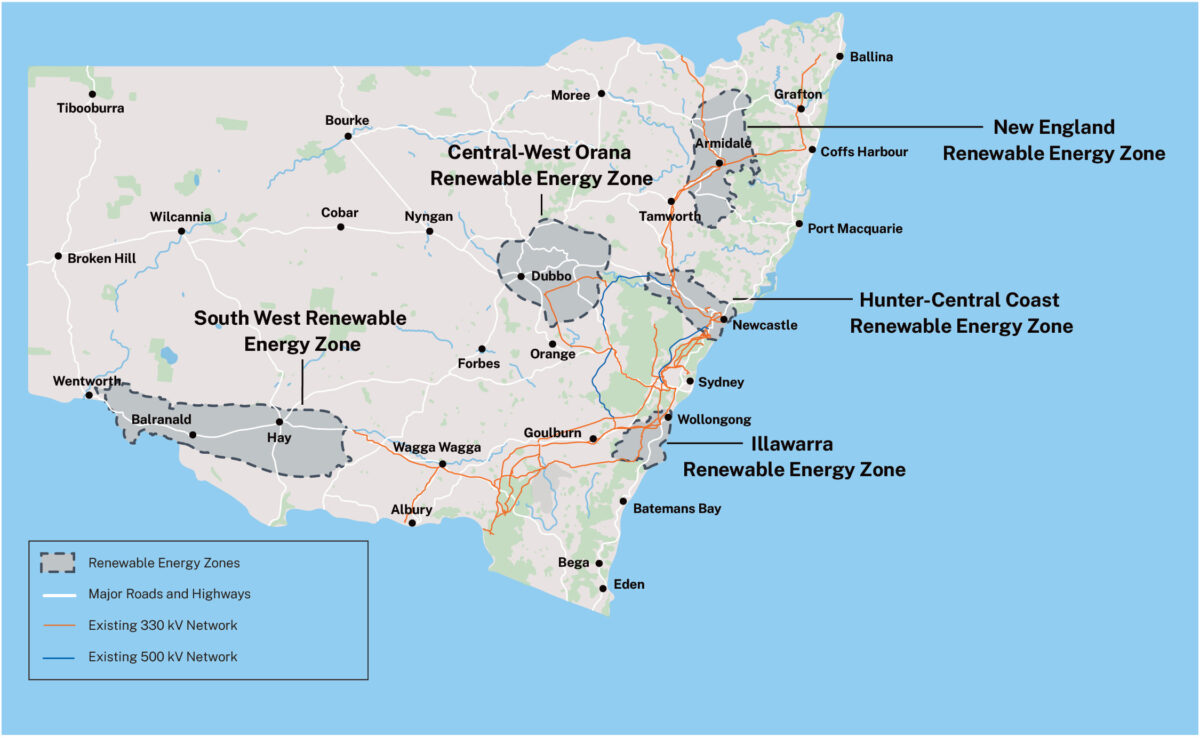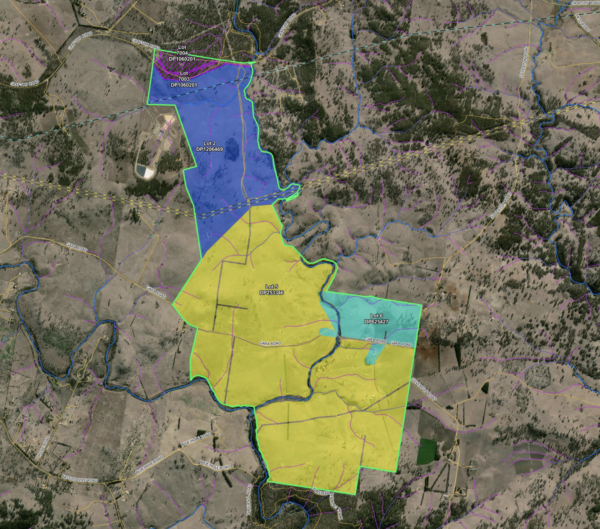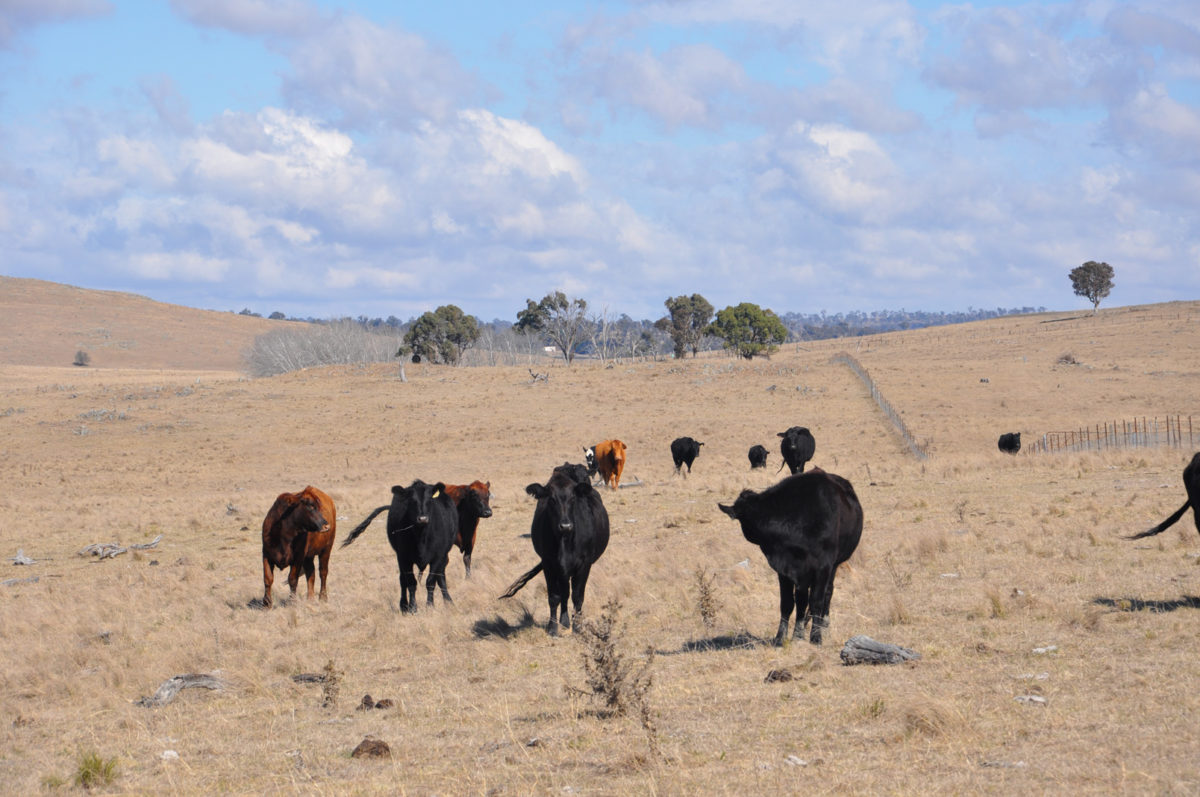The New South Wales (NSW) Independent Planning Commission has approved the hybrid Oxley Solar Farm near Armidale, deeming the project to be in the “public interest,” after a number of community members lodged objections, triggering an elongated approvals process.
The $370 million Oxley project is located within the New England Renewable Energy Zone, where unrest has formed around the use of agricultural land for renewable energy projects, among other concerns.

Image: EnergyCo
More than 50 objections were lodged in response to the public exhibition of the 215 MW Oxley solar farm and battery proposal, triggering the project’s referral to the Independent Planning Commission. The Commission reviewed the proposal in October and on Monday, December 11, delivered the approval verdict.
The Commission said it found that the proposed site is “a suitable site for renewable energy development,” due to its location within a Renewable Energy Zone, its topography and proximity to transmission lines.
The project must, however, complete full rehabilitation of the site, adhere to strict soil and water management measures, and prepare a Community Communication Strategy “to facilitate communication between the applicant, council and the community during design, construction and operation.” Oxley will also be required to provide a detailed landscape plan comprising additional onsite vegetation to ensure it is integrated into the landscape.

Image: Oxley Solar Development
In August 2022, the project’s owner, China-based group Megawatt Solar, agreed to pay $5.9 million as a “community benefit contribution.” The payment links to a list of demands from councils within the New England Renewable Energy Zone who say large-scale projects deliver “significant financial and social costs with little tangible benefit to our regions.”
At that time, the Armidale Regional Council also noted the Oxley solar farm had “significantly scaled down the original footprint of the solar farm,” in response to community objections.
The Oxley site sits about 14 kilometres south-east of Armidale on land currently being used for agriculture, though poor soil quality means the land is only usable for grazing rather than cropping.
This content is protected by copyright and may not be reused. If you want to cooperate with us and would like to reuse some of our content, please contact: editors@pv-magazine.com.









By submitting this form you agree to pv magazine using your data for the purposes of publishing your comment.
Your personal data will only be disclosed or otherwise transmitted to third parties for the purposes of spam filtering or if this is necessary for technical maintenance of the website. Any other transfer to third parties will not take place unless this is justified on the basis of applicable data protection regulations or if pv magazine is legally obliged to do so.
You may revoke this consent at any time with effect for the future, in which case your personal data will be deleted immediately. Otherwise, your data will be deleted if pv magazine has processed your request or the purpose of data storage is fulfilled.
Further information on data privacy can be found in our Data Protection Policy.